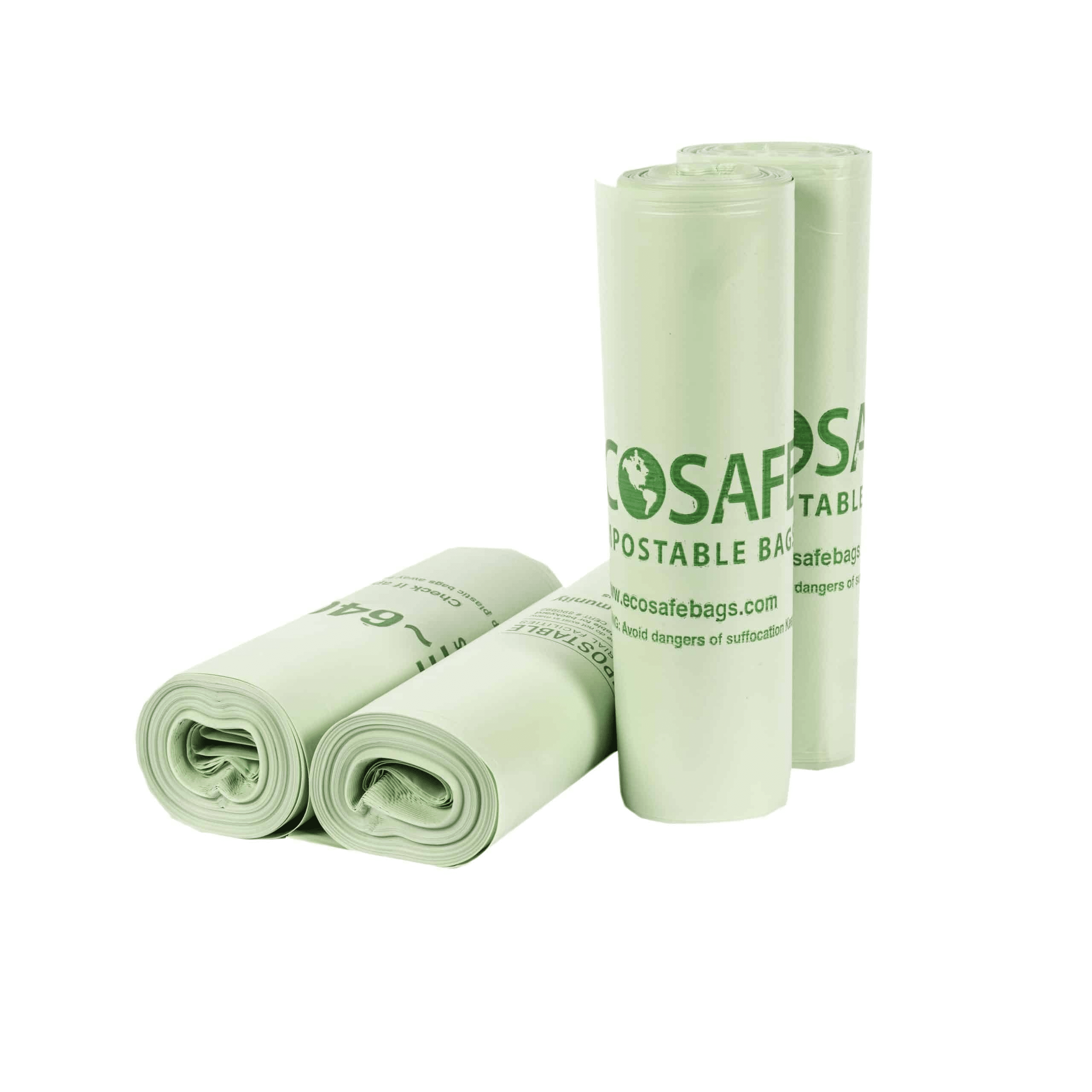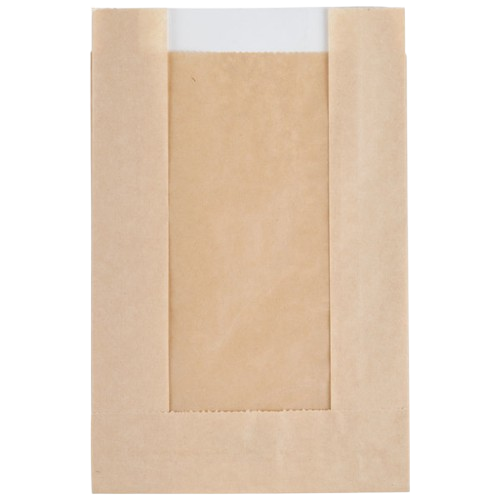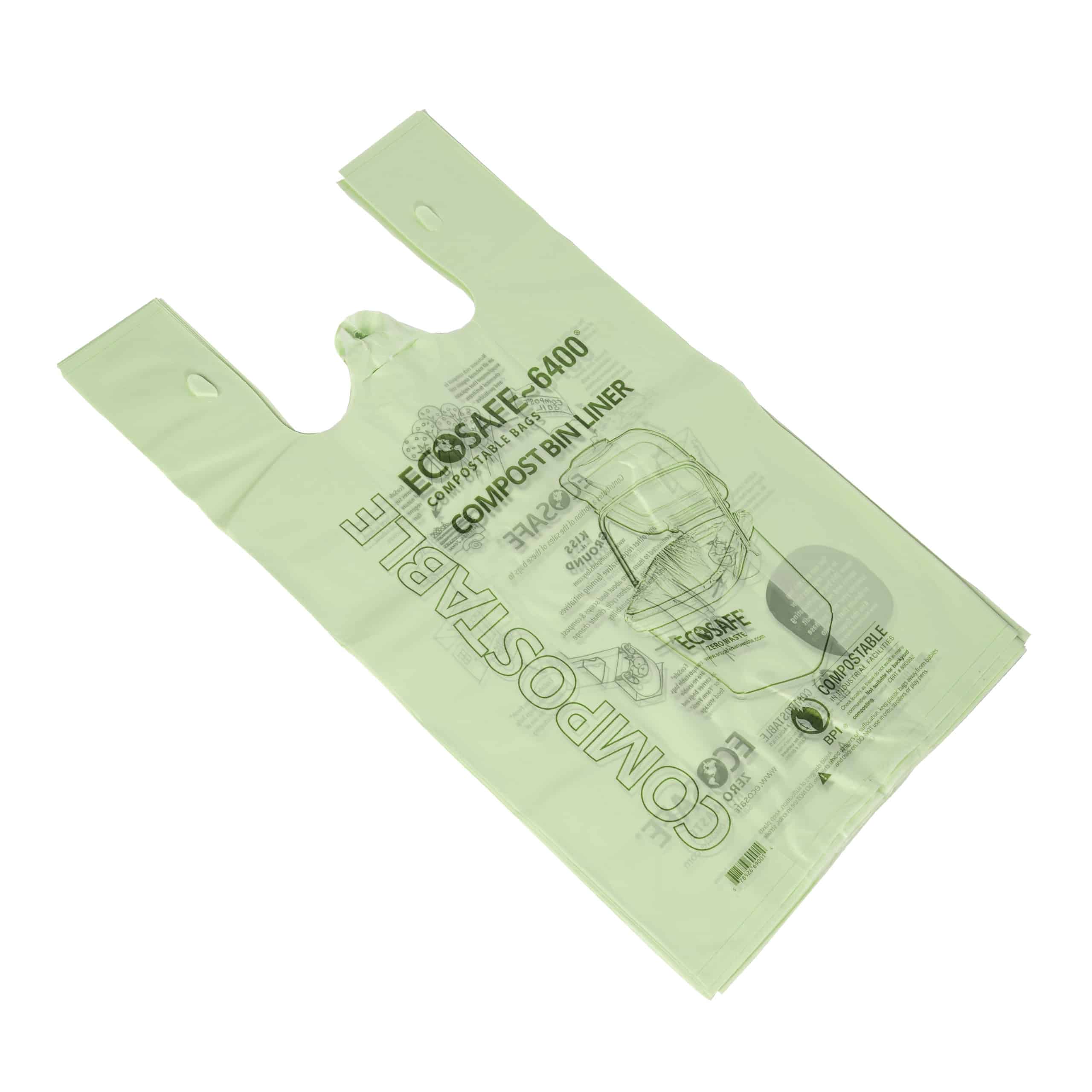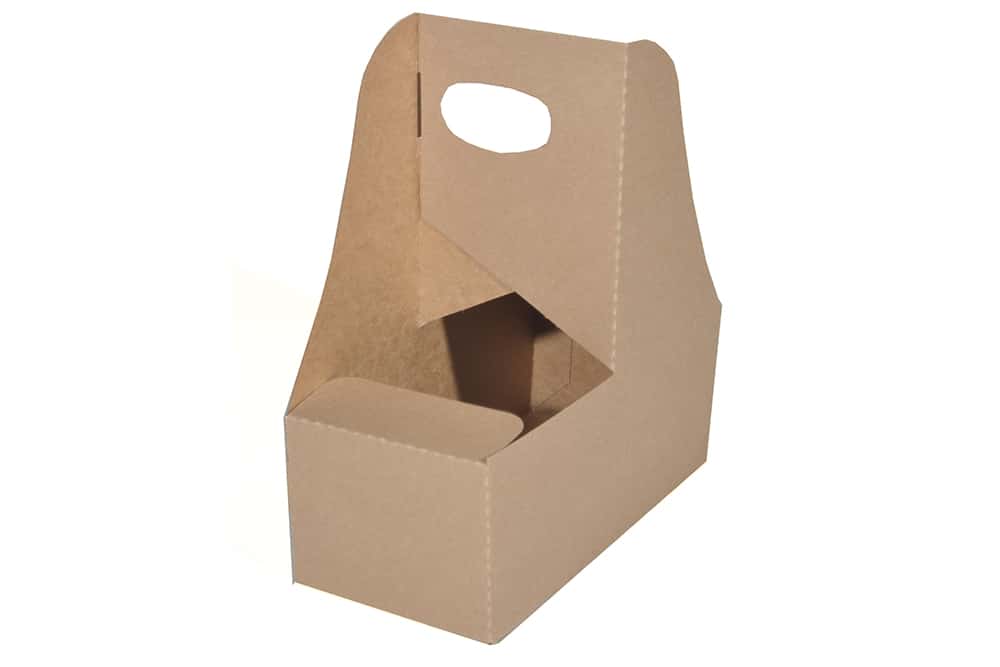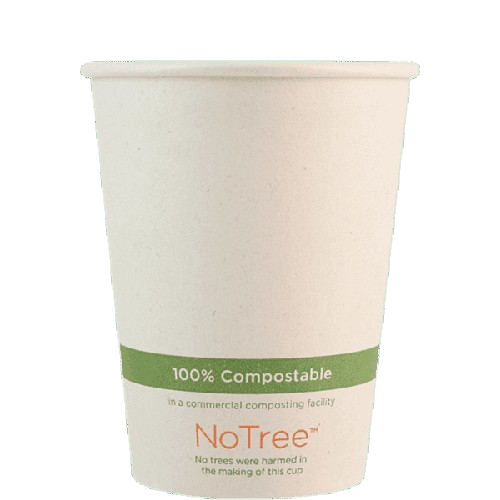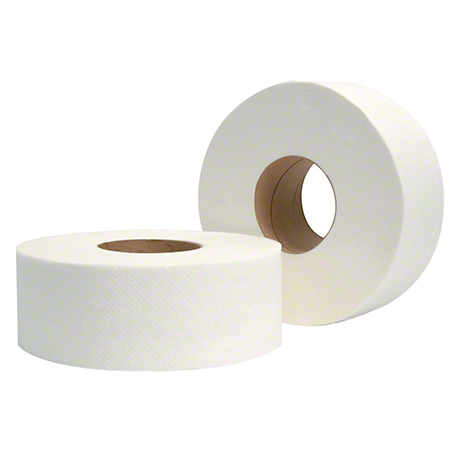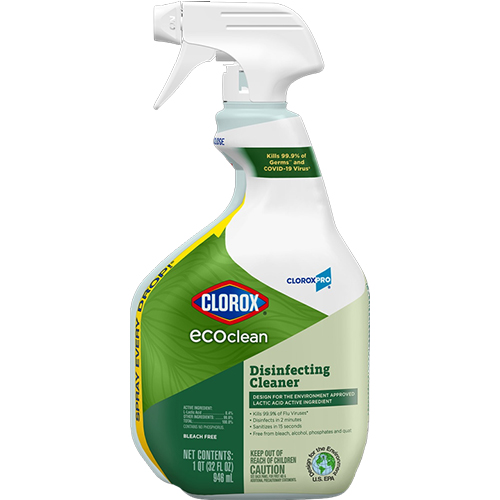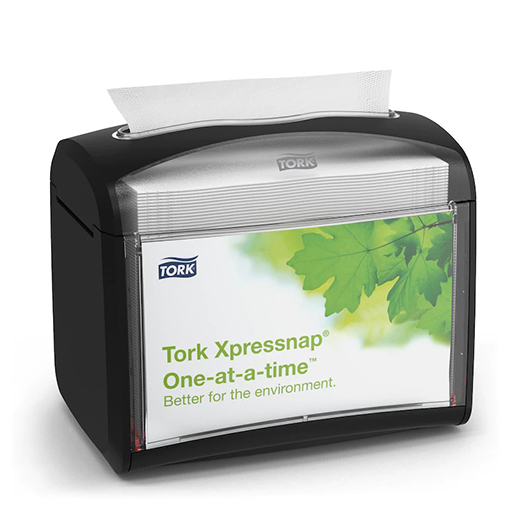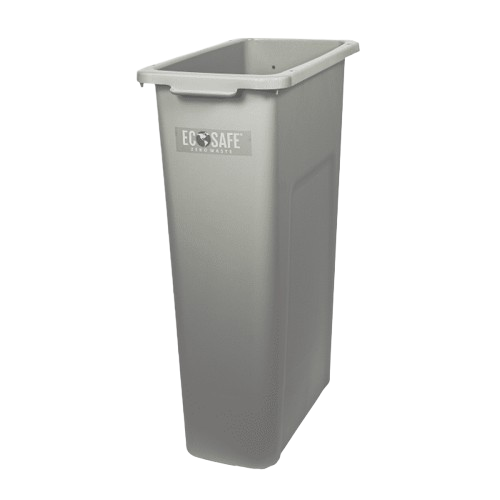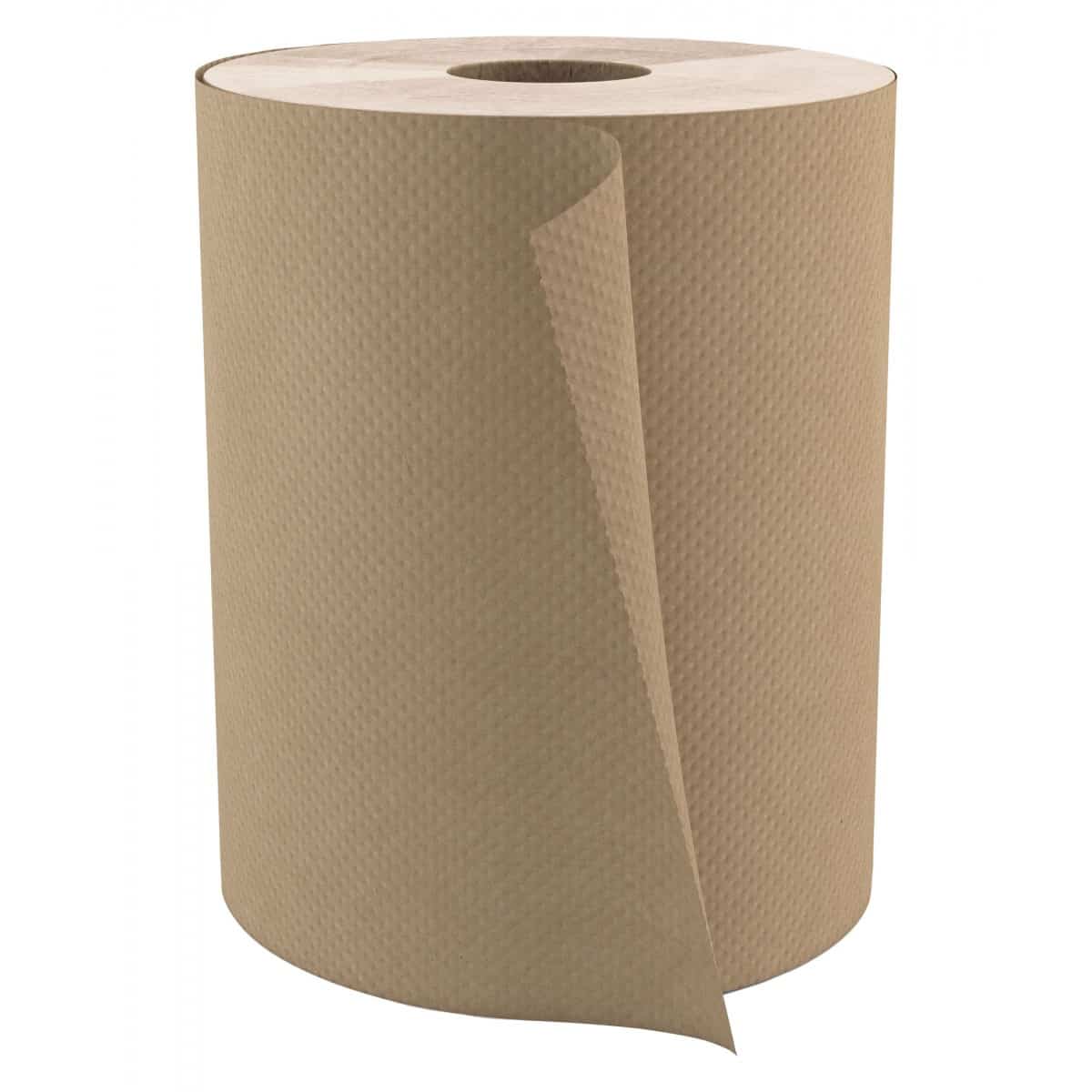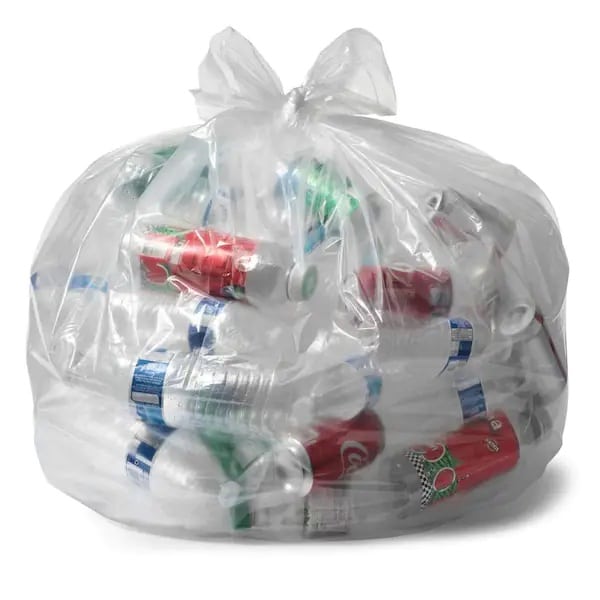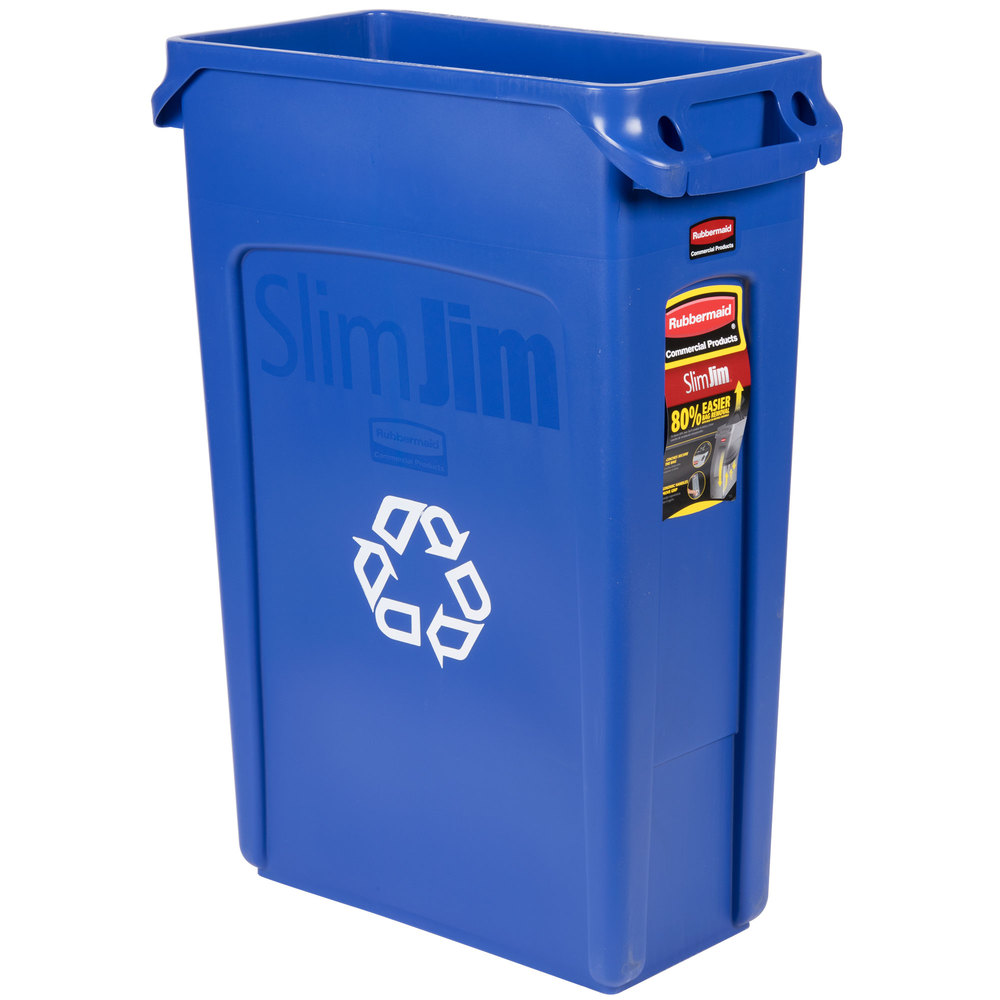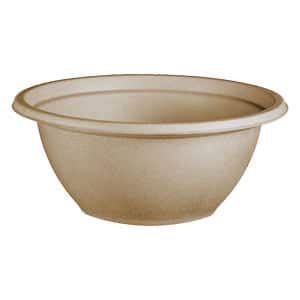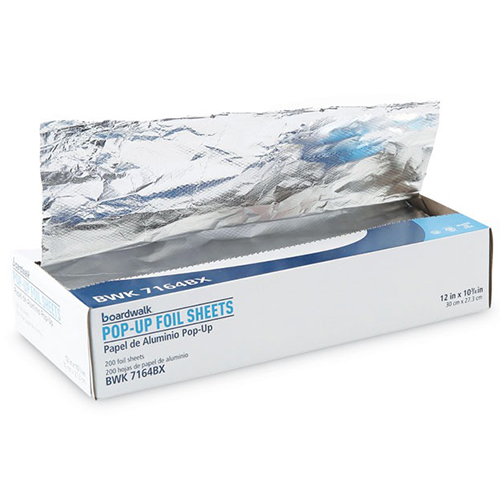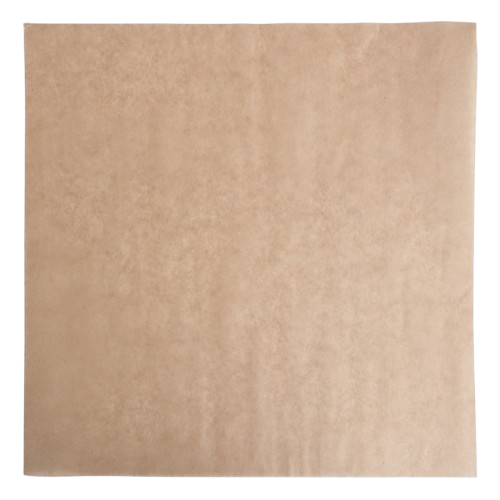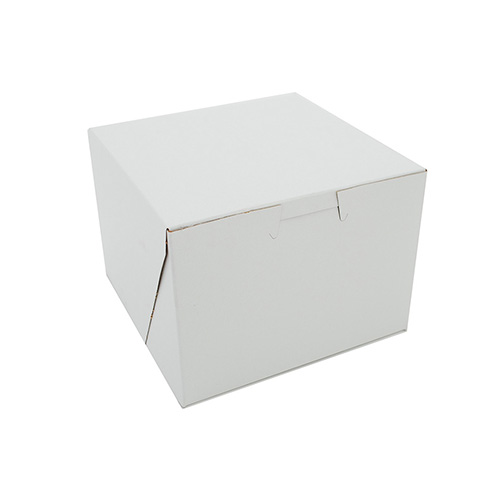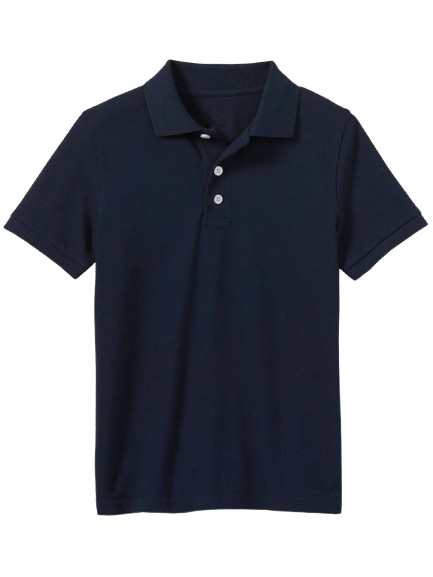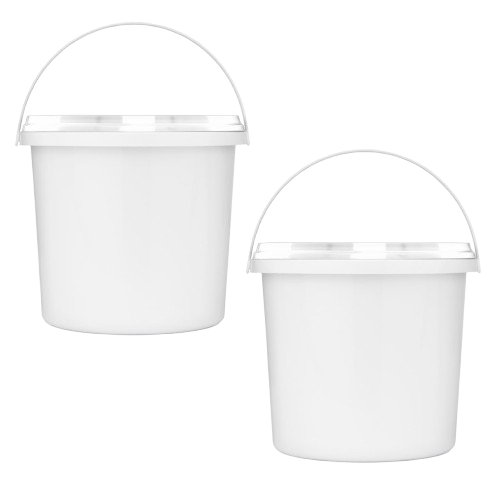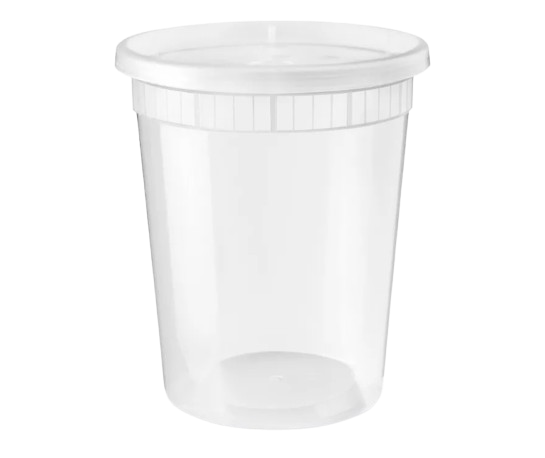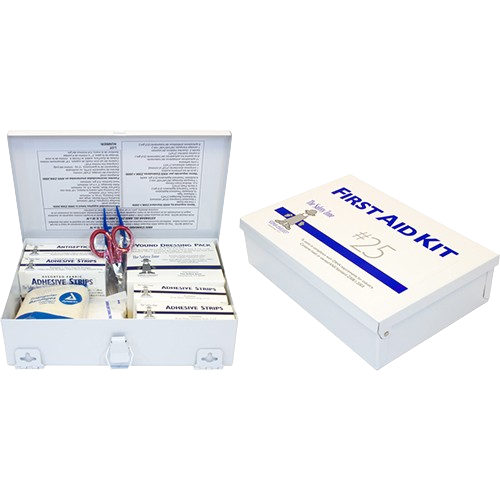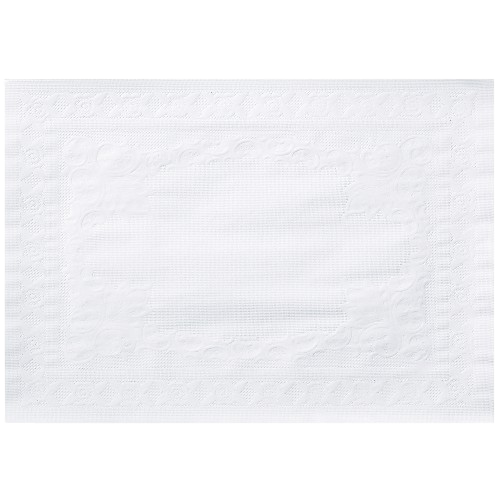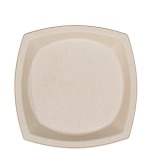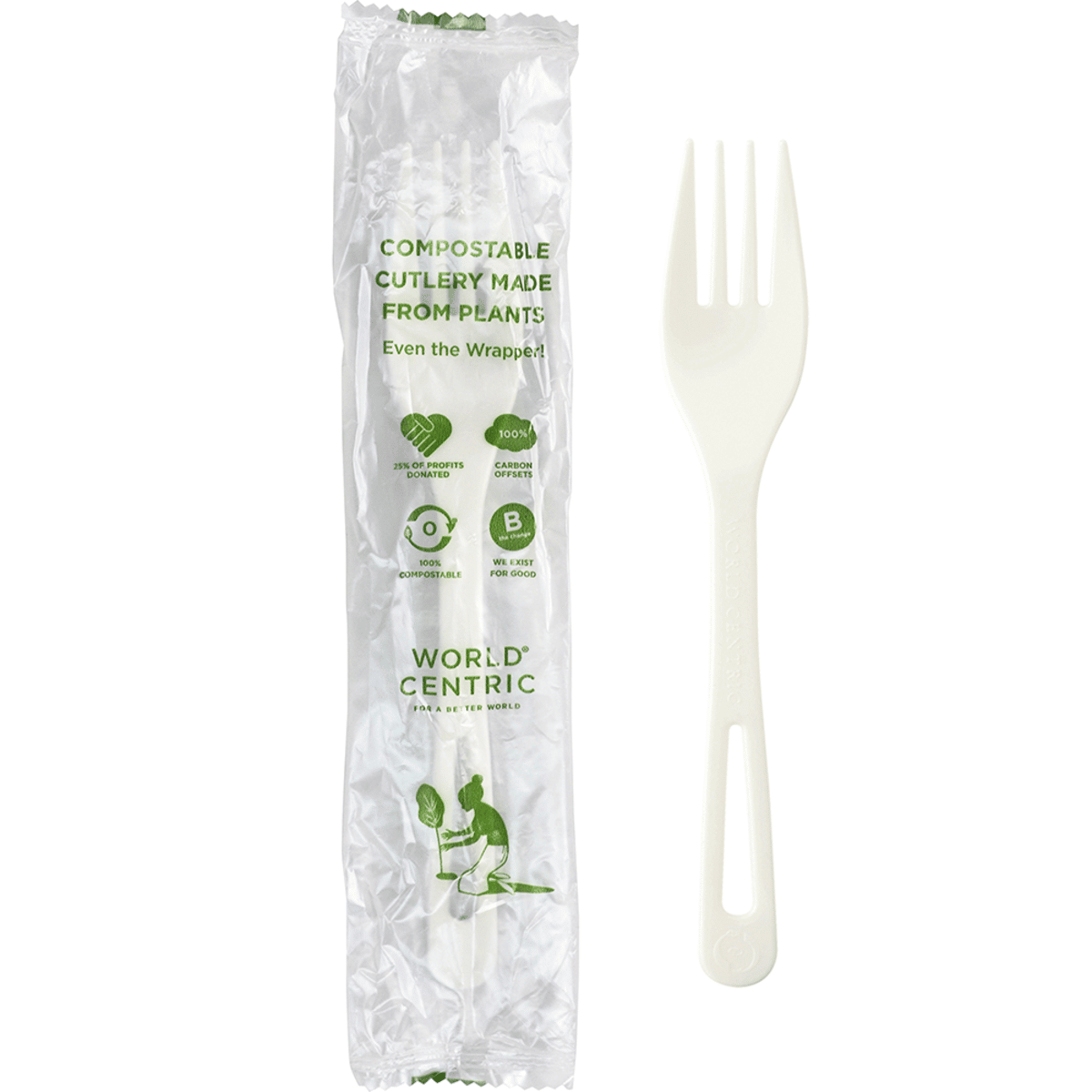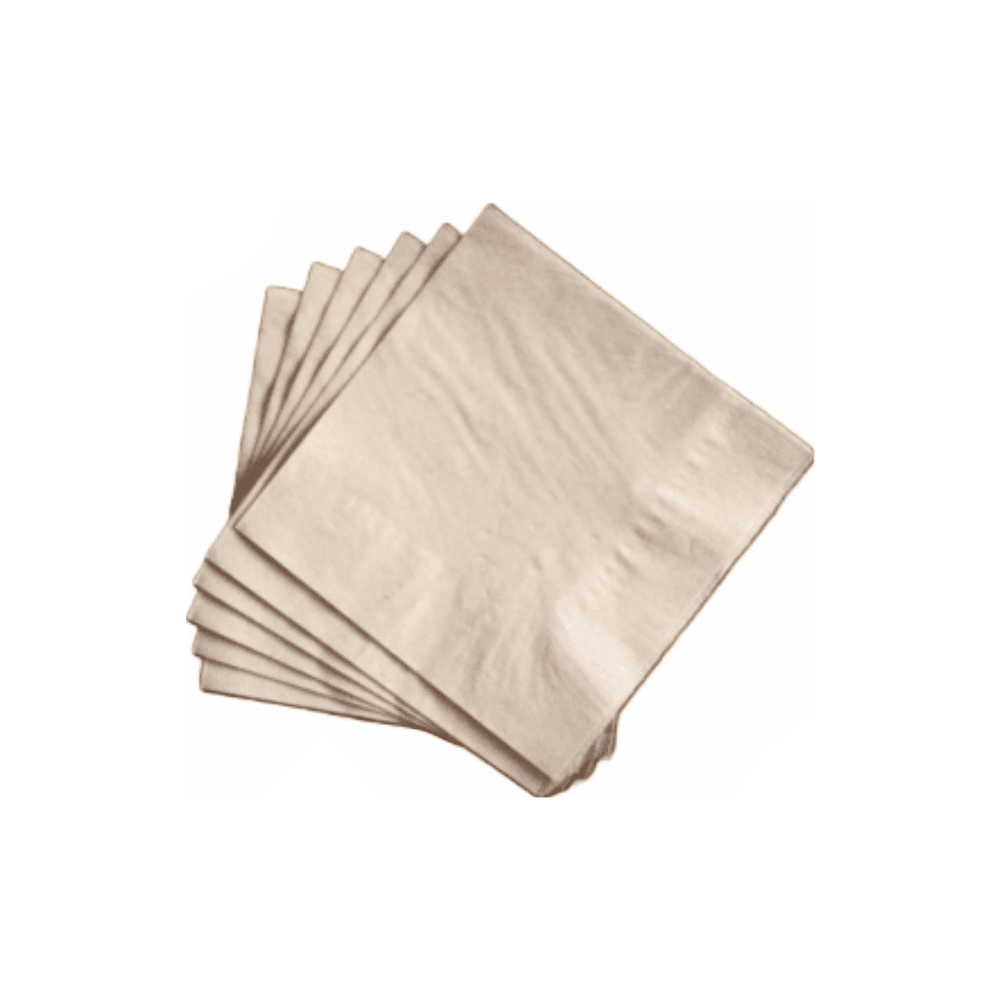
**Transform Your Business with Cutting-Edge Biodegradable Packaging Solutions**
10 Breakthrough Biodegradable Materials Revolutionizing Packaging
The packaging industry is undergoing a significant transformation driven by the urgent need to reduce plastic waste and embrace sustainability. As environmental regulations become stricter and consumer demand for eco-friendly solutions rises, innovative biodegradable materials are stepping into the spotlight. In this listicle, we explore ten groundbreaking biodegradable materials that are set to revolutionize packaging, highlighting new product launches and technological advancements that minimize reliance on conventional plastics.
1. Polylactic Acid (PLA)
Polylactic Acid (PLA) is a versatile bioplastic derived from renewable resources like corn starch or sugarcane. Its properties make it an excellent alternative to traditional plastics in packaging applications.
- Benefits: Compostable, reduces carbon footprint, and offers clarity similar to PET plastics.
- Applications: Ideal for food packaging, disposable tableware, and medical devices.
Companies like NatureWorks are leading the way in PLA production, continually improving its performance and scalability. For businesses seeking sustainable options, partnering with an food packaging supplier that offers PLA solutions can enhance your brand’s environmental credentials.
2. Polyhydroxyalkanoates (PHA)
Polyhydroxyalkanoates (PHA) are biodegradable plastics produced by microorganisms through fermentation of sugars or lipids. They are fully compostable and suitable for various packaging needs.
- Benefits: Biodegrades in marine environments, reducing ocean plastic pollution.
- Applications: Used in packaging films, containers, and agricultural products.
Advancements in PHA technology are making it more cost-effective and scalable, positioning it as a strong contender against conventional plastics. Adopting PHA-based packaging can help your business comply with increasing environmental regulations and appeal to eco-conscious consumers.
3. Mushroom-Based Packaging
Mushroom-based packaging utilizes mycelium, the root structure of mushrooms, to create a sustainable and biodegradable packaging material.
- Benefits: Grows quickly, fully compostable, and serves as a natural insulator.
- Applications: Suitable for protective packaging around electronics, glassware, and perishable goods.
Companies like Ecovative are pioneering this technology, offering innovative alternatives to foam and Styrofoam. By switching to mushroom-based packaging, businesses can significantly reduce their environmental impact and enhance their sustainability profile.
4. Seaweed-Based Packaging
Seaweed-based packaging offers a natural, biodegradable alternative derived from marine algae. It is particularly promising for single-use packaging applications.
- Benefits: Renewable, biodegradable in various environments, and can be enriched with vitamins and minerals.
- Applications: Ideal for food wraps, containers, and packaging films.
Innovations in seaweed packaging are making it a viable option for mainstream use, providing a green solution that aligns with eco-friendly business practices. Incorporating seaweed-based packaging can help your company stand out as a leader in sustainable packaging.
5. Cellulose-Based Packaging
Cellulose-based packaging is derived from wood pulp or cotton fibers, making it a biodegradable and sustainable alternative to plastics.
- Benefits: Strong, flexible, and fully compostable.
- Applications: Used in clear packaging, containers, and paperboard products.
As an eco friendly packaging wholesale provider, SupplyClub offers a range of cellulose-based options that meet high standards of quality and sustainability. Embracing cellulose packaging can enhance your product’s appeal to environmentally conscious consumers.
6. Alginates-Based Packaging
Alginates-based packaging utilizes alginate, a natural polymer extracted from brown seaweed, to create biodegradable and edible packaging materials.
- Benefits: Edible, non-toxic, and biodegradable.
- Applications: Ideal for food packaging, especially for fresh produce and ready-to-eat meals.
With the growing trend towards edible packaging, alginates offer a unique solution that reduces waste and adds value to the product. This innovative material aligns perfectly with the shift towards sustainable packaging in the food industry.
7. Bagasse-Based Packaging
Bagasse-based packaging is made from the fibrous residue left after extracting juice from sugarcane. It is a sustainable and compostable alternative to traditional packaging materials.
- Benefits: Renewable, biodegradable, and has good thermal insulation properties.
- Applications: Used for disposable plates, bowls, and packaging containers.
Brands focusing on reducing their environmental footprint can benefit from incorporating bagasse-based packaging. Access wholesale options through eco friendly packaging wholesale providers to scale your sustainable packaging solutions.
8. Cornstarch-Based Packaging
Cornstarch-based packaging offers a biodegradable solution derived from corn, making it an eco-friendly alternative to petroleum-based plastics.
- Benefits: Compostable, reduces reliance on fossil fuels, and has good barrier properties.
- Applications: Suitable for food packaging, trays, and disposable cutlery.
As a leading eco packaging manufacturer, SupplyClub provides high-quality cornstarch-based solutions that support sustainable business practices and help mitigate environmental impact.
9. PLA/PHA Blends
PLA/PHA blends combine the strengths of both polylactic acid and polyhydroxyalkanoates to create superior biodegradable packaging materials.
- Benefits: Enhanced durability, improved flexibility, and faster biodegradation rates.
- Applications: Ideal for packaging films, containers, and protective packaging.
These blends address some of the limitations of individual bioplastics, making them more versatile and effective for various packaging needs. Adopting PLA/PHA blends can help businesses achieve higher standards of sustainability and compliance with environmental regulations.
10. Biodegradable Composites
Biodegradable composites incorporate natural fibers such as bamboo, hemp, or flax with biodegradable polymers to create robust and sustainable packaging materials.
- Benefits: Enhanced strength, lightweight, and completely compostable.
- Applications: Used in rigid packaging, cushioning materials, and specialized containers.
These composites offer a high-performance alternative to conventional plastics while maintaining environmental integrity. By integrating biodegradable composites, businesses can provide durable packaging solutions that do not compromise on sustainability.
Technological Advancements Driving Biodegradable Packaging
The shift towards biodegradable packaging is not just about material innovation; technological advancements are playing a crucial role in enhancing the performance and scalability of these materials. Here are some key developments:
- Advanced Material Processing: Techniques like extrusion and injection molding are being refined to handle biodegradable materials more efficiently, ensuring consistency and quality in packaging products.
- Nanotechnology: Incorporating nanoparticles can improve the barrier properties and mechanical strength of biodegradable packaging, making them more competitive with traditional plastics.
- Enzyme Engineering: Developing enzymes that can accelerate the biodegradation process helps ensure that biodegradable packaging breaks down more quickly and safely in various environments.
- Biotechnology: Genetic engineering of microorganisms is enhancing the production of biopolymers like PHA, making them more cost-effective and accessible for widespread use.
These technological advancements are critical in overcoming the challenges associated with biodegradable materials, paving the way for their mainstream adoption in the packaging industry.
New Product Launches Leading the Change
The market is witnessing a surge in new products that leverage biodegradable materials to offer sustainable packaging solutions. Here are some notable launches:
- Ecocel Packaging: Introducing a range of PLA-based containers that are fully compostable and ideal for fresh produce and ready-to-eat meals.
- GreenWave Wraps: Launching seaweed-based food wraps that are not only biodegradable but also edible, providing an innovative alternative to plastic wraps.
- BambooPack: Offering bamboo fiber-based packaging solutions that combine durability with environmental sustainability, perfect for premium products.
- MycoGuard: Unveiling mushroom-based protective packaging designed to replace foam peanuts and other non-biodegradable cushioning materials.
These product launches demonstrate the industry’s commitment to sustainability and the ongoing efforts to provide viable alternatives to conventional plastics. Staying informed about these innovations allows businesses to stay ahead in adopting sustainable practices.
Overcoming Challenges in Biodegradable Packaging
While the benefits of biodegradable packaging are clear, several challenges must be addressed to ensure their successful adoption:
- Cost Competitiveness: Biodegradable materials often come at a higher cost compared to traditional plastics. Economies of scale and technological advancements are essential to reduce production costs.
- Performance Limitations: Ensuring that biodegradable packaging meets the performance standards required for various applications is crucial. Ongoing research is focused on enhancing the durability and barrier properties of these materials.
- Consumer Awareness: Educating consumers about the benefits and proper disposal of biodegradable packaging is vital to maximize its environmental impact.
- Regulatory Support: Clear and supportive environmental regulations can drive the adoption of biodegradable packaging by providing incentives and setting standards.
Addressing these challenges through collaborative efforts between manufacturers, governments, and consumers will be key to the widespread adoption of biodegradable packaging solutions.
Case Studies: Success Stories in Biodegradable Packaging
Several companies have successfully integrated biodegradable materials into their packaging, setting benchmarks for sustainability:
- Patagonia: Known for its environmental activism, Patagonia uses compostable packaging for its outdoor apparel, reducing its overall plastic footprint.
- Unilever: Unilever has committed to using 100% recyclable, reusable, or compostable plastic packaging by 2025, incorporating materials like PLA and PHA in its product lines.
- Starbucks: Starbucks has introduced compostable cups made from paper and plant-based materials, aligning with its sustainability goals.
These case studies highlight the tangible benefits of adopting biodegradable packaging, including enhanced brand reputation, compliance with regulations, and meeting consumer demand for sustainable products.
Future Trends in Biodegradable Packaging
The future of biodegradable packaging looks promising, with several trends poised to shape the industry:
- Circular Economy Integration: Emphasizing the reuse and recycling of materials to create a closed-loop system, minimizing waste and resource consumption.
- Smart Packaging: Incorporating technologies like QR codes and RFID tags to enhance traceability and consumer engagement, while maintaining sustainability.
- Hybrid Materials: Developing composites that combine biodegradable and non-biodegradable materials to optimize performance and sustainability.
- Personalization: Offering customizable packaging solutions that cater to specific business needs without compromising on environmental standards.
Staying abreast of these trends will enable businesses to innovate and adapt, ensuring their packaging solutions remain relevant and sustainable in a rapidly evolving market.
Conclusion: Embracing a Sustainable Future
The transition to biodegradable packaging is not just a trend but a necessary evolution in response to environmental challenges. By embracing these breakthrough materials and staying informed about technological advancements, businesses can significantly reduce their reliance on conventional plastics and contribute to a more sustainable future.
At SupplyClub, we are committed to providing a wide range of eco-friendly packaging solutions that meet your business needs while supporting environmental sustainability. Explore our offerings and join us in revolutionizing the packaging industry.
Ready to make the switch to sustainable packaging? Sign up for our membership today and gain access to exclusive products, bulk ordering options, and expert support to help your business thrive responsibly.



